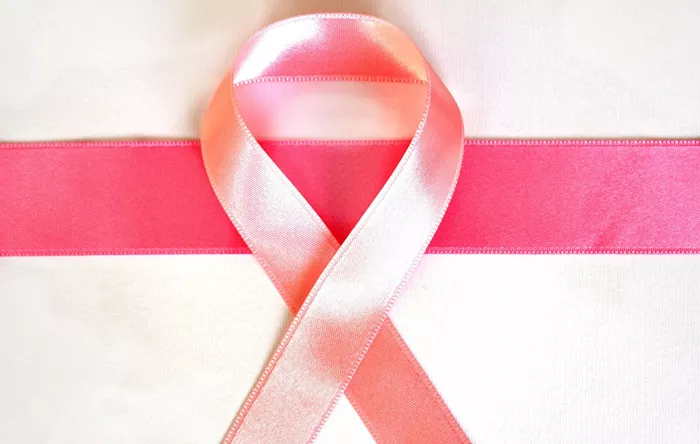New research presented at the European Congress on Obesity (ECO 2025) reveals that women who gain significant weight after the age of 20 and either have their first child after 30 or do not have children are almost three times more likely to develop breast cancer than those who give birth earlier and maintain a stable weight.
The study, led by Lee Malcomson from the University of Manchester, combined two known risk factors for breast cancer: age of first pregnancy and weight gain in adulthood.
Previous studies have shown that weight gain after menopause increases the risk of breast cancer, while an earlier first pregnancy may lower that risk. However, this research looks at how these factors work together.
The study analyzed data from 48,417 women participating in the UK’s PROCAS study, with a median age of 57. The participants were categorized based on the age of their first pregnancy and the amount of weight they gained after the age of 20. Over a median follow-up of 6.4 years, 1,702 women were diagnosed with breast cancer.
The findings showed that women who gained more than 30% of their weight after adulthood and had their first child after age 30, or did not have children, were nearly three times as likely to develop breast cancer. This risk was significantly higher than for women who had an early first pregnancy and gained less than 5% of their weight in adulthood.
The study found that while early pregnancies can protect against post-menopausal breast cancer, the benefits of an early first pregnancy do not reduce the risk caused by significant weight gain. In fact, women with a late first pregnancy and major weight gain were found to be at a much higher risk.
Breast cancer is a leading cancer worldwide, with 2.3 million women diagnosed and 670,000 deaths annually. In the UK, it is the most common cancer, with nearly 57,000 cases each year. The increase in obesity and late childbirth over recent decades is concerning, as both factors are associated with higher rates of breast cancer.
Malcomson stresses the importance of awareness among general practitioners (GPs), as they can help identify women at higher risk and offer lifestyle advice to reduce the chances of developing breast cancer, such as maintaining a healthy weight and staying active.
Related topics:
- Mediterranean Diet May Cut Breast Cancer Risk by 13%, Study Finds
- Early Menopause Linked To Higher Risk Of Fatty Liver And Metabolic Disorders
- Infertility In Women Linked To Increased Heart Disease Risk


